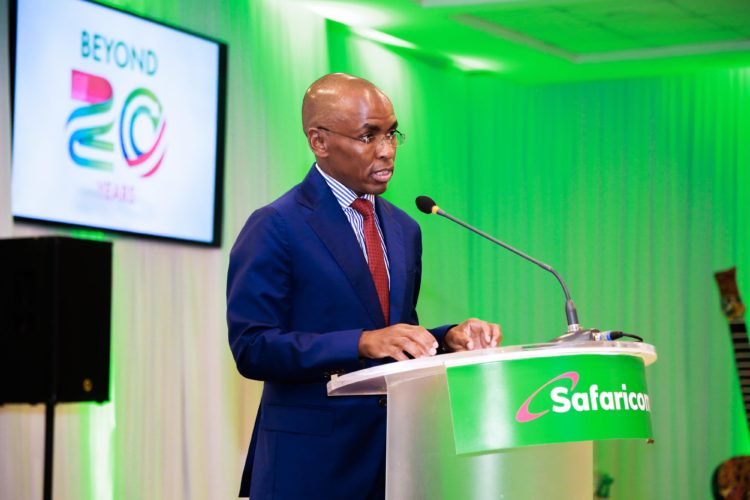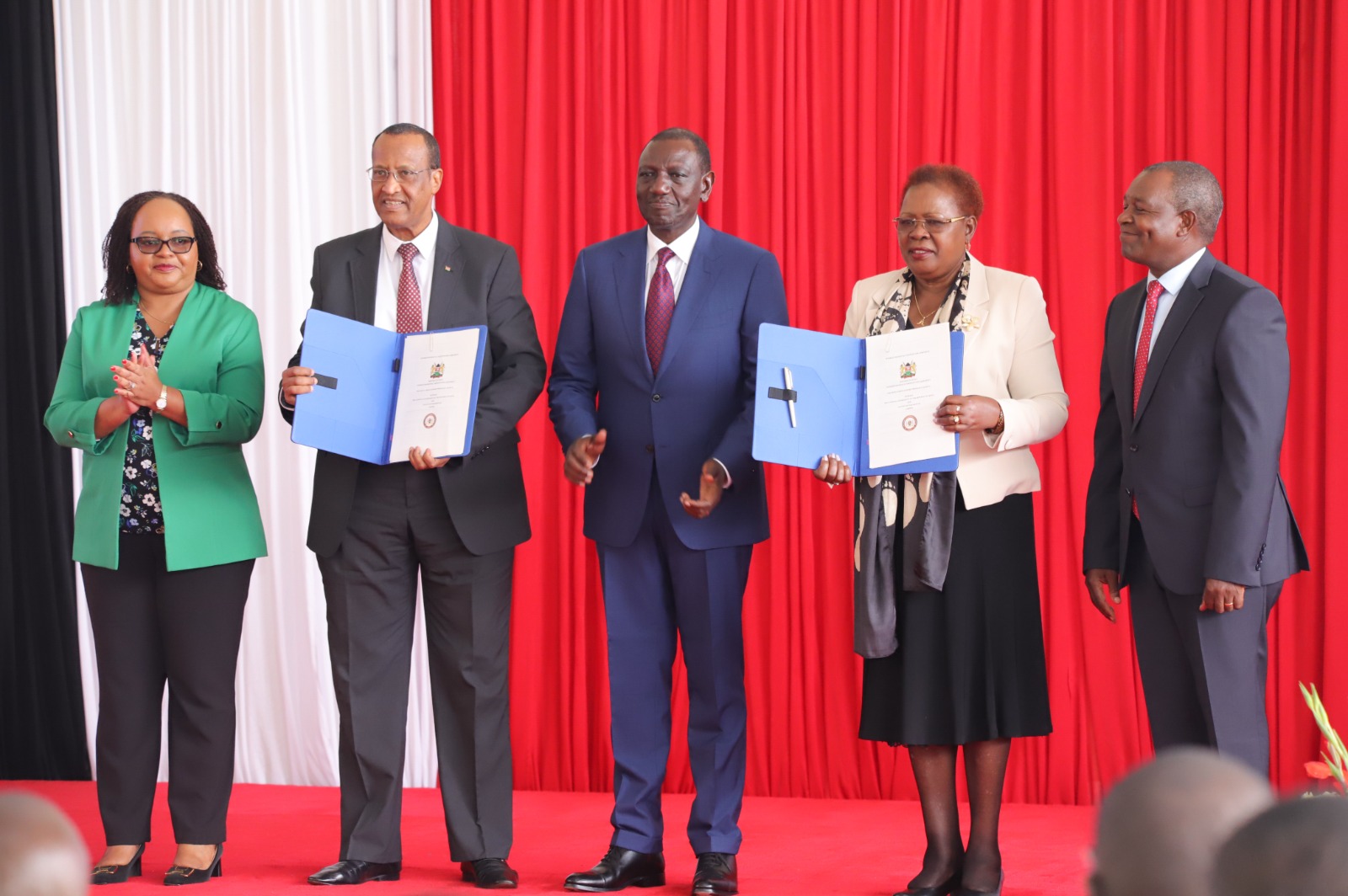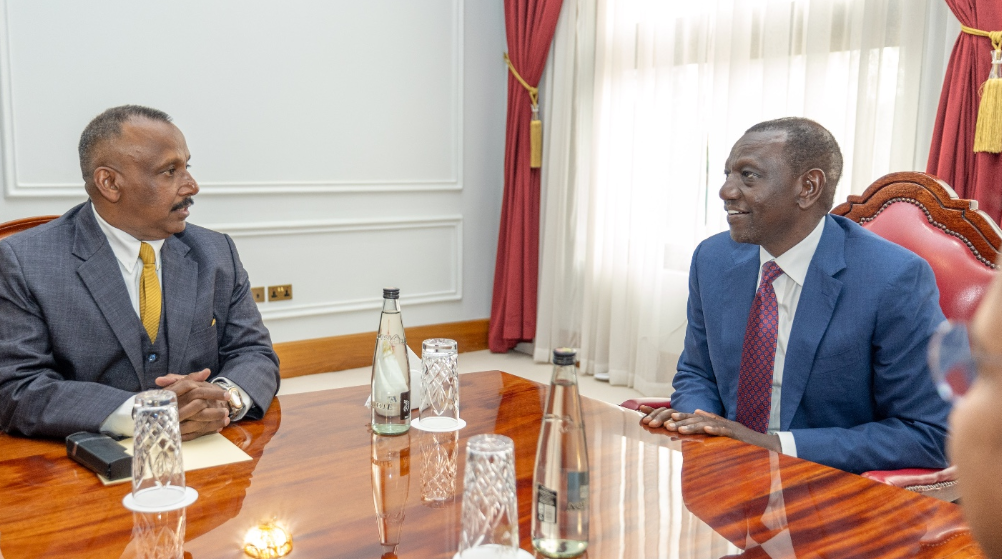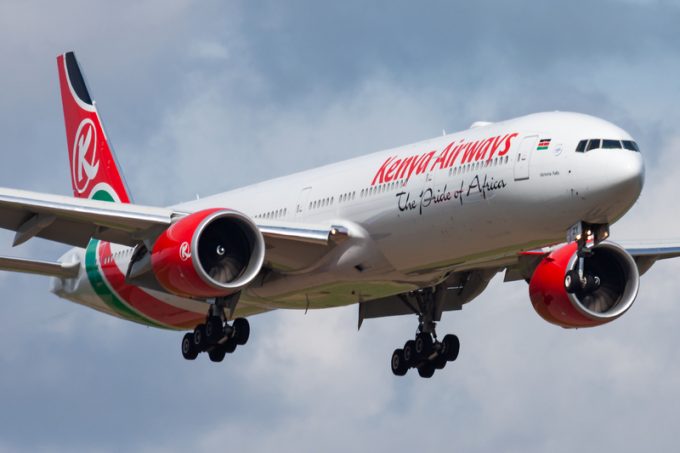German Business Community in Kenya has predicted a business improvement in the next 12 months, a new survey has revealed.
The survey conducted by the German Business Association of Kenya (GBA) indicated that 70.83 of respondents were optimistic that their businesses would blossom.
The majority of the respondents came from the services sector standing at 66.67%, while trade, manufacturing, and construction each held an equal share of 16.67%.
According to the survey, 29.17 were however of the opinion that the their business situation will continue.
"None of the respondents expect their business situation to worsen," the report on the Survey stated.
The outcome of business worsening is a noticeable improvement compared to April 2023 when the figure stood at 3.2%.
The survey further revealed that 41.67% of the companies plan to increase their workforce in Kenya, while 45.83% expect to keep their number of employees at the current level.
Only 12.5% of the respondents plan to reduce their workforce.
"On the other hand, though, the investment plans among the German business community have decreased rather significantly with only 25% of them intending to make further investments, marking a significant decline from the 41.89% reported in the previous survey in April 2023," the survey noted.
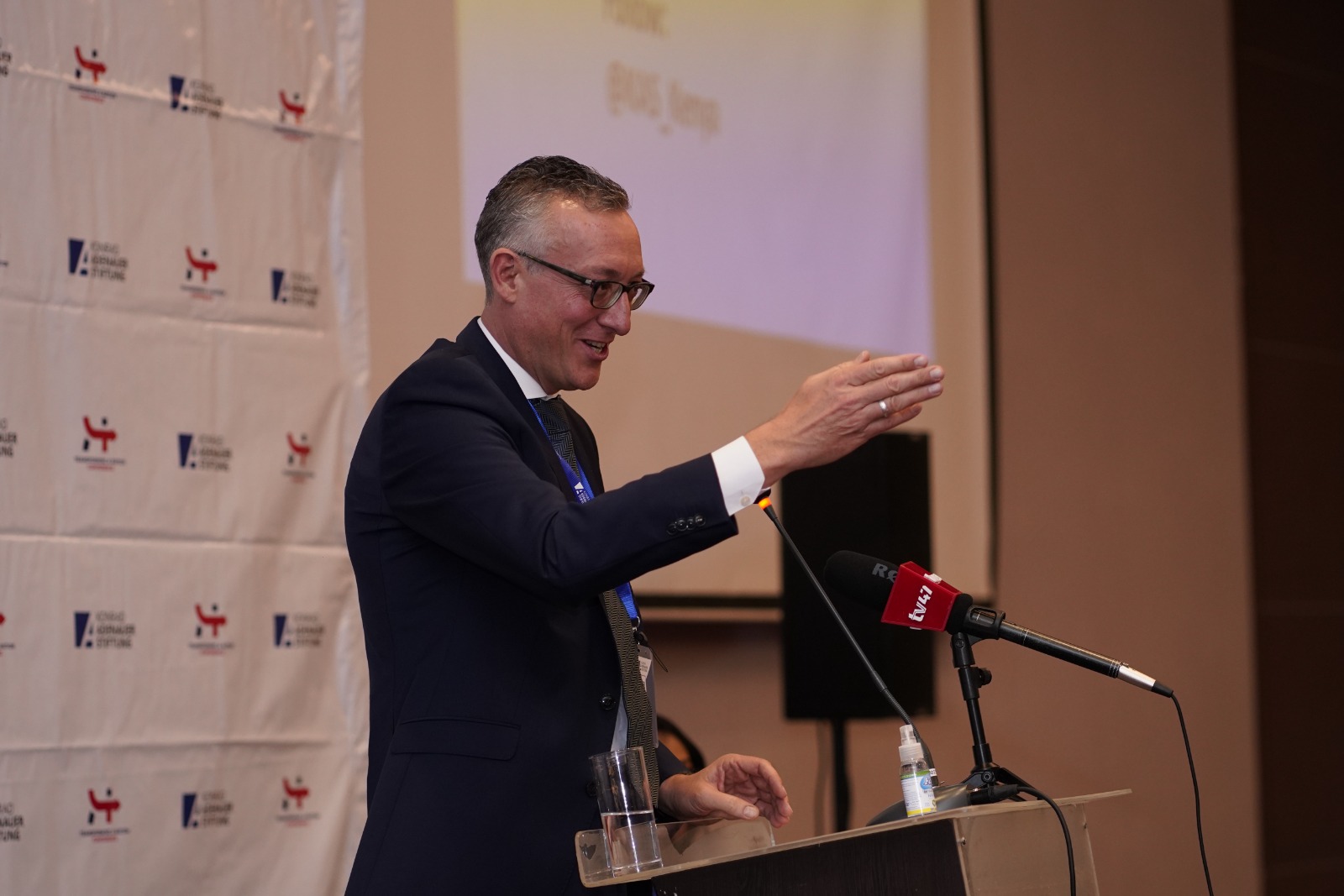
The traders were however concerned with the dwindling Kenya shilingi which they described as a challenge in their operations.
The exchange rates and economic policy conditions ranked highest, at 75%, followed by prices of energy and demand, both standing at 33.33%.
Trade barriers regulation/preference to local companies and prices of raw materials tied for the third spot, at 29.17%. Financing conditions rounded out the top four mentioned barriers, with 25%.
The respondents also provided insights on crucial factors influencing their decisions to invest in Kenya.
A significant 64.71% emphasized market size and development as relevant factors, 41.18% mentioned customer proximity and localization.
The local economic policy framework, including aspects like low bureaucracy and taxes, was cited by 35.29%.
Additionally, 29.41% highlighted the importance of the availability of skilled workers, and 23.53% took into account local content regulations, specifically focusing on local production.
Maren Diale-Schellschmidt, Delegate of German Industry and Commerce for Eastern Africa, while commenting on the findings said:
“It is encouraging that the German business community in Kenya is reporting such a positive prospect for their companies, even better than half a year ago. It shows that German businesses come here with valuable and sustainable business models, and are here for the long term. The quality of products and solutions “Made in Germany “remains highly appreciated by Kenyan partners and customers."
"But we also cannot ignore the challenges faced by the business community here on site and will continue to advocate for the removal of obstacles and a predictable and favorable business environment. If that is secured, we expect many more German companies to establish their presence here in Kenya, thus creating more jobs and contributing to knowledge transfer and a well-trained workforce on site."
Ambassador of the Federal Republic of Germany to Kenya Sebastian Groth added:
“Despite certain global shocks and local currency dynamics, the overall business outlook of German companies operating in Kenya remains generally positive. German companies are not only contributing to the economic development of Kenya but are also actively engaged in partnerships that i.a. contribute to qualifying Kenyan workers, fight against pollution and climate change as well as improve the lives of many people. The signing of the European Partnership Agreement opens up even more opportunities.
"As the 4th largest economy of the world, Germany can provide solutions to the pressing needs of Kenya. We will continue to work with our Kenyan partners on improving the conditions for even more investments.”

